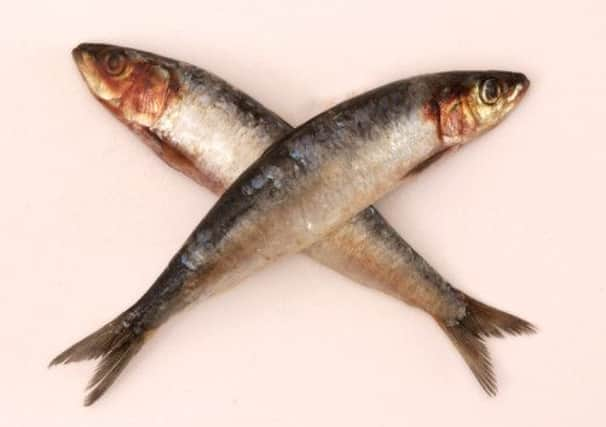Too much oily fish a danger to health - scientists


Consuming omega-3-rich oily fish such as salmon or mackerel, taking supplements and eating foods fortified with fatty acids could affect the body’s ability to fight off bacterial infections.
Omega-3, or long chain polyunsaturated fatty acids the names given to a family of unsaturated fatty acids with anti-inflammatory properties, have been credited with a range of benefits including protecting against heart attacks, strokes, arthritis and boosting brain power.
Advertisement
Hide AdAdvertisement
Hide AdEach year Britons spend approximately £116 million on fish oil supplements with global sales worth billions of pounds.
But Norman Hord, associate professor at the College of Public Health and Human Sciences at Oregon State University, said there was potential for negative effects at high consumption.
“What looked like a slam dunk a few years ago may not be as clear-cut as we thought,” said Professor Hord. “We are seeing the potential for negative effects at really high levels of omega-3 fatty acid consumption. Because we lack valid biomarkers for exposure and knowledge of who might be at risk if consuming excessive amounts, it isn’t possible to determine an upper limit at this time.”
Previous research by Jenifer Fenton of Michigan State University found that feeding mice large amounts of dietary omega-3 fatty acids led to increased risk of colitis and immune alteration.
Further research by Ms Fenton and Prof Hord reviewed the literature and discussed the potential adverse health outcomes.
The researchers said excess amounts of omega-3 can alter immune function in ways that may lead to a poor response to a viral or bacterial infection.
Prof Hord, whose research is published in the journal Prostaglandins, Leukotrienes and Essential Fatty Acids, said: “The dysfunctional immune response to excessive omega-3 fatty acid consumption can affect the body’s ability to fight microbial pathogens, like bacteria.
“Our main concern here is the hyper-supplemented individual, who may be taking high-dose omega-3 supplements and eating four to five omega-3-enriched foods per day. This could potentially get someone to an excessive amount. As our paper indicates, there may be subgroups of those who may be at risk from consuming excess amounts of these fatty acids.”
Advertisement
Hide AdAdvertisement
Hide AdThere are no evidence-based standards fo omega-3 intake and no way to identify those at risk .
Dee Atkinson, a medical herbalist who runs Napiers Dispensary in Edinburgh and is on the council of the National Institute of Medical Herbalists, said: “We are seeing a lot of conflicting information. A study in the Journal of Leukocyte Biology which looked at two groups of healthy mice found the group which took fish oil had an enhanced immune system.”
A spokeswoman for Scottish Government said: “The type of omega 3 fatty acids found in oily fish help prevent heart disease and these fatty acids are also important for women who are pregnant or breastfeeding.
“The European Food Safety Authority published a paper on the tolerable upper intake levels of omega 3 fatty acids in 2012. It did not find any safety concerns as a result of omega 3 consumed in the diet or through supplementation at certain levels.”